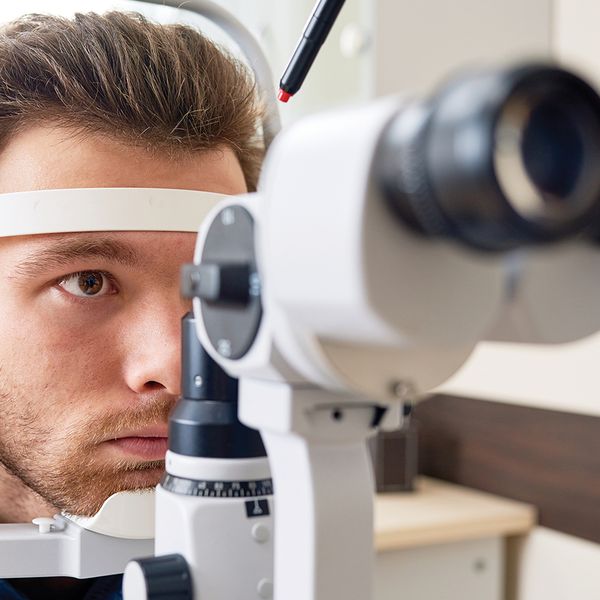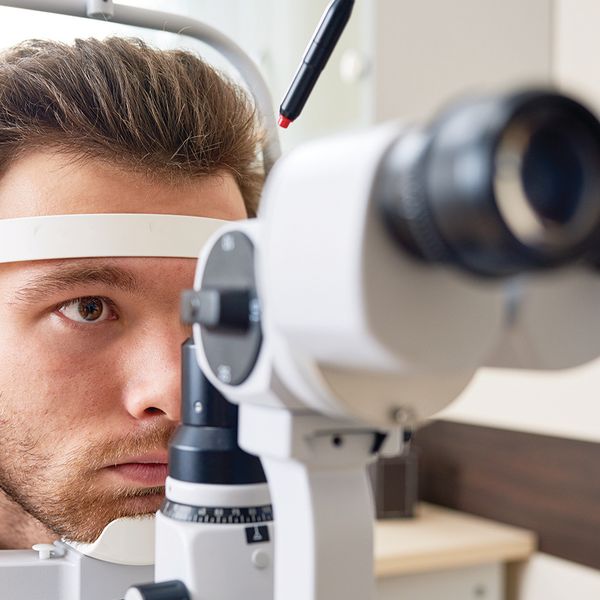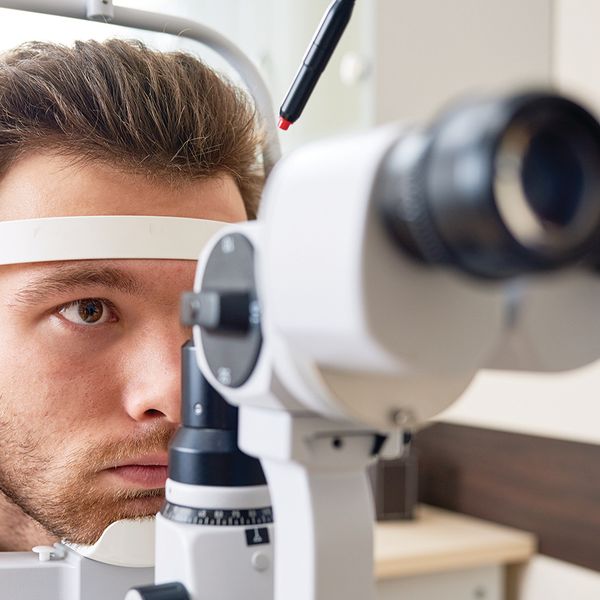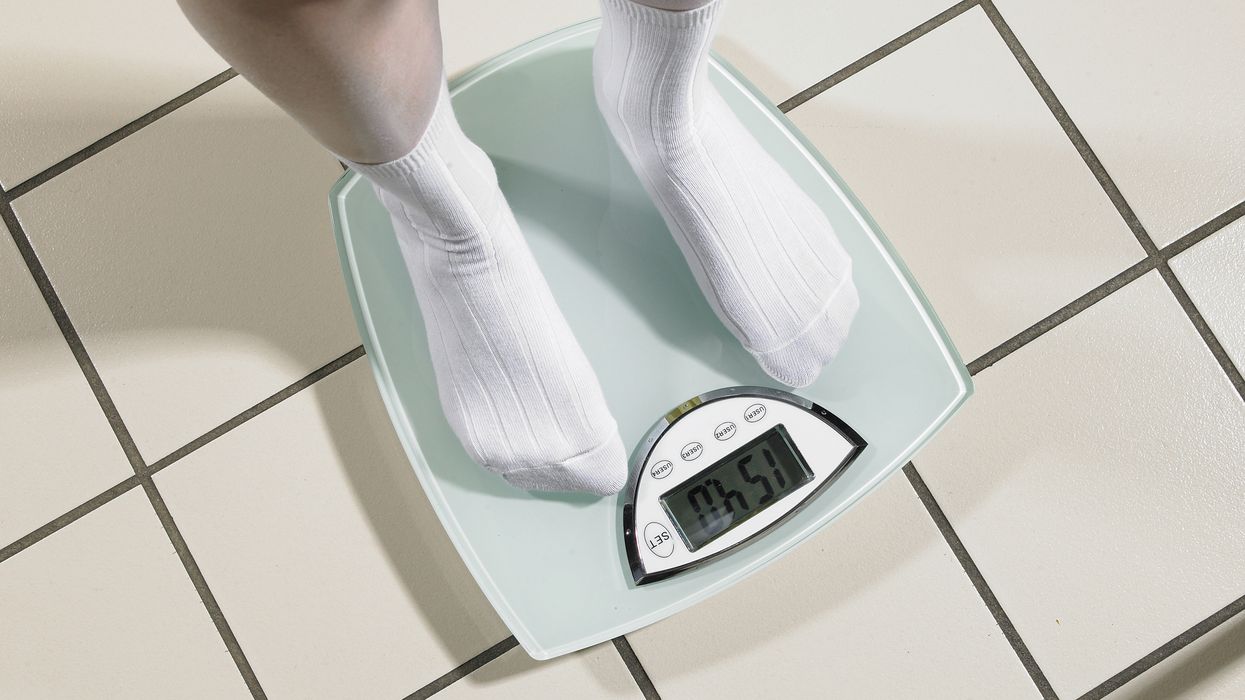Answers to 3 key questions to keep commercial drivers compliant after vision surgery
Options for corrective vision surgery have significantly increased over the past 25 years. Commercial drivers who meet vision standards post-surgery must update their licensing and medical certifications. They must also understand the consequences of inaction.
During a roadside inspection after vision surgery, if the driver's license or medical card states that corrective lenses are required, the driver must prove they are wearing them. If the driver is not wearing glasses or contacts, but the driver's license or medical card still lists them as required, the driver will be cited and placed out of service.
Three key questions
Below are three questions and the answers to which can help avoid citations and out-of-service orders relating to vision requirements.
1. What must a driver do after vision surgery if they no longer require corrective lenses?
Answer: The driver must:
- Take a vision test at the motor vehicle department to have the corrective lenses restriction removed from their license, and
- Contact a certified medical examiner (CME) from the National Registry for an exam to remove the corrective lenses requirement from their medical certification.
The driver may also need to undergo an eye exam from an optometrist or ophthalmologist if requested by the CME.
2. If a medical certification says corrective lenses are required, but the license does not, or vice versa, is this a violation in a roadside inspection?
Answer: Yes. If the driver is not wearing corrective lenses, it is a medical qualification violation per Federal Motor Carrier Safety Administration Regulations (FMCSRs) §391.11(b)(4), and the driver must be placed out of service.
Alternatively, if the license says corrective lenses are required, and the driver is not wearing them, then the citation is written as a licensing violation (§391.11(b)(5) or §383.21(a)(2)), and the driver must also be placed out of service.
3. Is the discrepancy a violation if the driver wears corrective lenses as specified by their medical certification but not on their license?
Answer: No. The violation only exists if the license or the medical certification requires corrective lenses and the driver is not wearing them.
Some states do not use the same criteria for requiring corrective lenses as are specified in the FMCSRs vision standard in §391.41(b)(10), so there's a difference it's not a violation. In many states, it is possible to have a license without the corrective lens restriction and not be able to pass the federal vision standard.
Drivers are usually licensed for more than five years. Vision can change during periods far longer than the maximum two-year medical certification.
Keep in mind, a medical qualification violation cannot be challenged in the FMCSA's DataQs system because "the driver didn't need corrective lenses anymore." Post-surgery, the medical certification, and license must reflect that no corrective lenses are needed, or the driver will face consequences.
Key to remember: Educate drivers on the requirement to update their license and medical certification after corrective vision surgery to keep them compliant.






















































